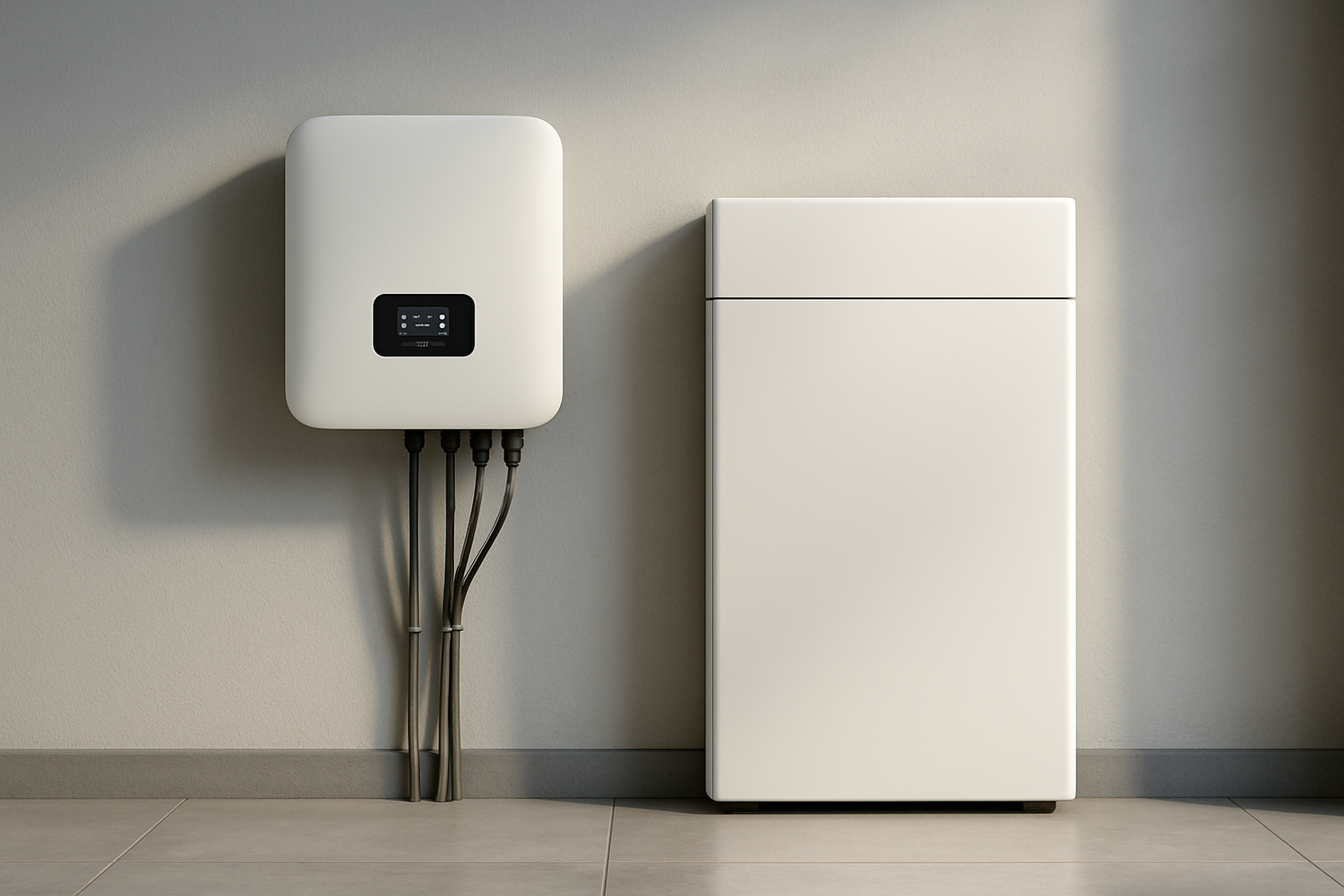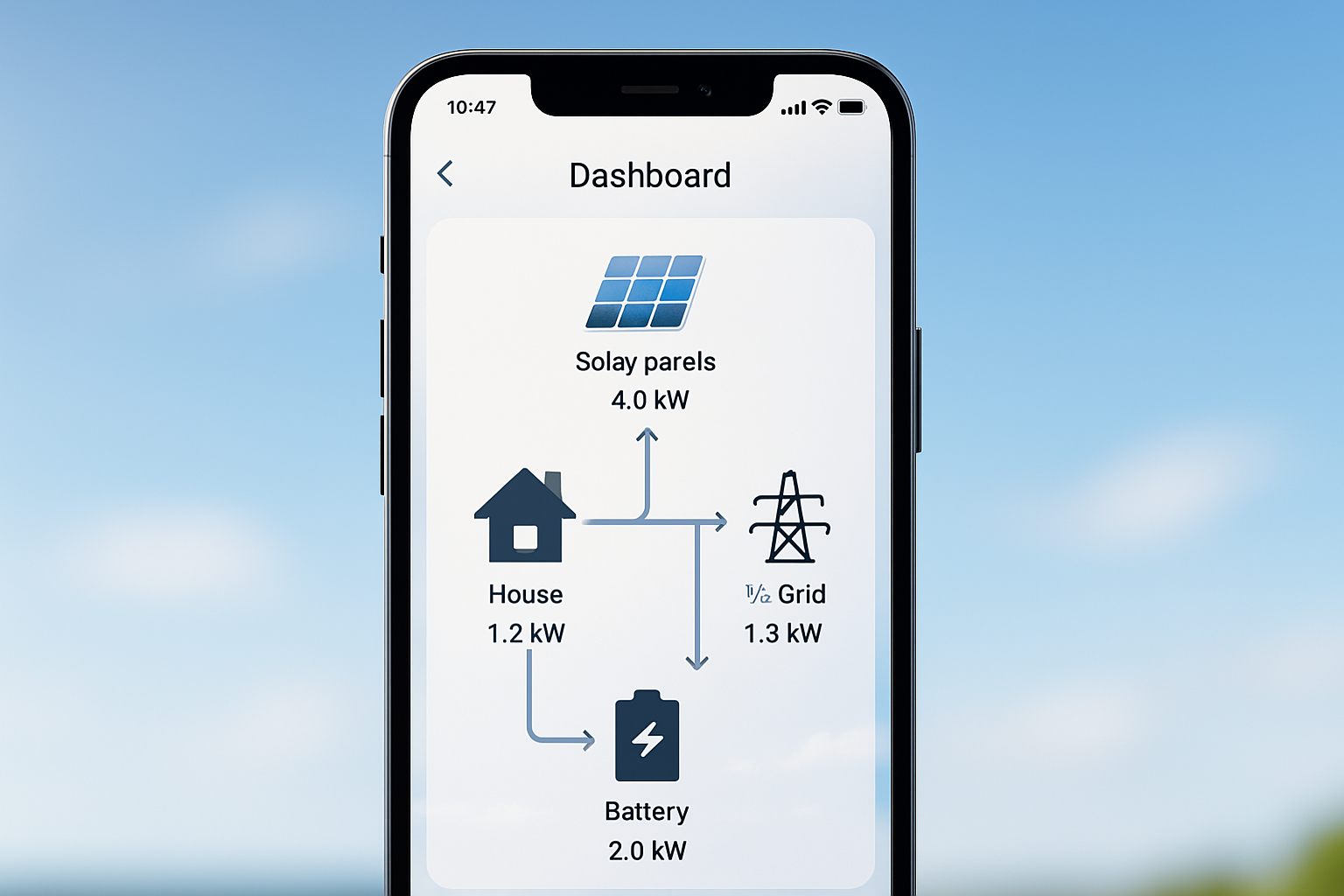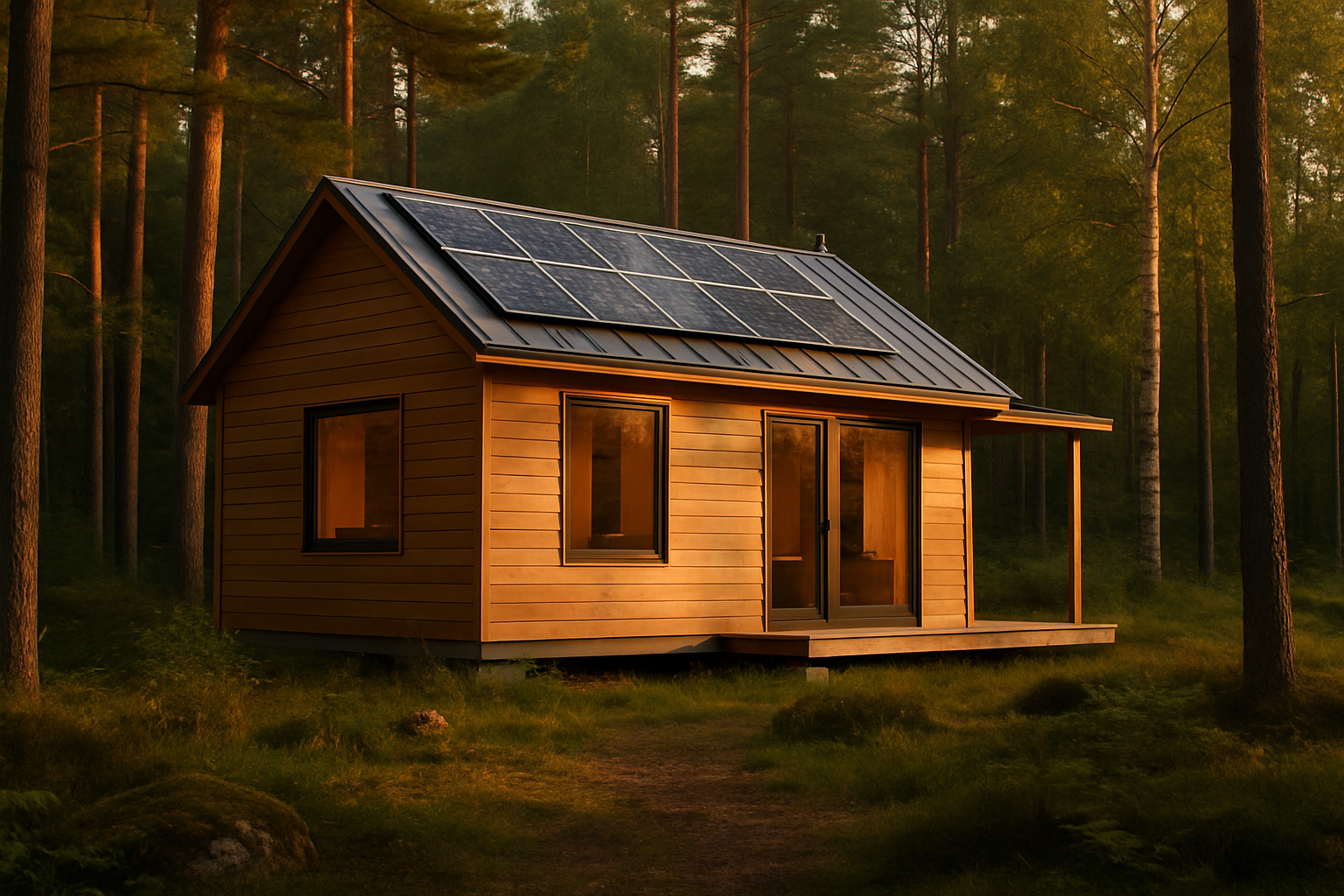One of the most common questions people have when considering a switch to solar energy revolves around the system's potential for noise. You might wonder if your roof will start humming or buzzing, especially during the quiet hours of the night. The short answer is straightforward: solar panels themselves are completely silent. However, a complete solar energy system has other components, and understanding their function reveals the full picture of sound emissions.
The Silent Operation of Solar Panels
Solar panels, or photovoltaic (PV) modules, are the silent workhorses of a solar energy system. Their ability to generate electricity without making a sound is rooted in their fundamental design and the science behind their operation.
The Science of Photovoltaics
Solar panels convert sunlight directly into electricity through the photovoltaic effect. This process occurs at the atomic level within silicon cells. When photons from sunlight strike the cells, they excite electrons, creating a flow of direct current (DC) electricity. This entire operation is a solid-state process, meaning it involves no moving parts. There are no gears, motors, or fans within the panels themselves. This absence of mechanical movement is why solar panels are inherently silent.
Nighttime Inactivity
At night, without sunlight, the photovoltaic effect ceases. The panels stop producing electricity and become completely dormant. Since they are not generating power or performing any function, they remain silent. Any concerns about solar panel noise generation at night are unfounded because the panels themselves are inactive. The global push for solar energy, as detailed in reports like the Solar PV Global Supply Chains analysis, is driven by this kind of reliable and non-intrusive technology.
Identifying the Real Sound Sources in a Solar System
While the panels are silent, a faint sound can sometimes be traced to other essential components of the system. The primary source of any audible noise is the inverter, a critical device that makes solar energy usable in your home.

The Role of the Inverter
Your solar panels produce DC electricity, but your home appliances run on alternating current (AC). The inverter's job is to convert DC power to AC power. This conversion process involves sophisticated electronics that can produce a very low hum. Additionally, to keep the electronics cool during operation, most inverters are equipped with small internal fans that activate periodically. The sound from these fans and the electronic switching is the noise associated with a solar system.
Inverter Noise: Day vs. Night
For a standard grid-tied solar system without a battery, the inverter's operation is directly linked to the panels' output. During the day, when the panels are producing power, the inverter is active and may emit a faint hum. At night, when the panels are dormant, the inverter has no DC power to convert, so it shuts down and becomes completely silent. Therefore, a standard solar installation makes no noise at night.
Sounds from Energy Storage Systems
The situation changes slightly if your system includes a battery. A home energy storage system allows you to store excess solar energy produced during the day for use at night. In this setup, the inverter may operate after dark, drawing DC power from the battery and converting it to AC power for your home. This nighttime operation can produce the same low-level hum as it does during the day. The sound is minimal, but it is a factor to consider for systems designed for energy independence.
How Loud Is a Solar Inverter? A Data-Driven Comparison
The sound produced by a solar inverter is typically very quiet. To put it in perspective, it helps to compare its decibel (dB) level to other common household sounds. The rapid improvements in solar technologies, as noted in the U.S. Department of Energy's Solar Futures Study, have led to quieter and more efficient components.
Typical Decibel Levels of Solar Inverters
Most modern inverters operate at a noise level between 40 and 60 decibels. The exact level depends on the model, its current workload, and whether its cooling fans are active. Here is how that compares to other familiar sounds:
| Sound Source | Average Decibel (dB) Level |
|---|---|
| Whisper | 30 dB |
| Quiet Library | 35 dB |
| Modern Refrigerator | 40 dB |
| Solar Inverter | 40-60 dB |
| Normal Conversation | 60 dB |
| Window Air Conditioner | 50-70 dB |
Factors Influencing Noise Levels
Several factors can influence how much sound an inverter produces. The type of inverter plays a role; for instance, microinverters installed under each panel are individually much quieter than a single, large string inverter. The system's power output also matters—the harder the inverter works, the more likely its fans are to run. Finally, ambient temperature can affect fan operation, as the unit works to stay cool on hot days.
Practical Strategies for a Quiet Solar Installation
Even though inverter noise is minimal, strategic planning can ensure your solar system operates without any acoustic disruption. Achieving a quiet and efficient system is a key part of integrating renewable sources into the grid, a topic explored by the IEA's report on the System Integration of Renewables.
Strategic Equipment Placement
The most effective way to minimize noise impact is through smart placement of the inverter. Installing it in a location away from main living areas is ideal. Common locations include a garage, basement, or an exterior wall that is not adjacent to a bedroom or home office. This simple step is usually enough to make any inverter sound completely unnoticeable from inside the home.
Choosing the Right Technology
When selecting components, you can opt for inverter models specifically designed for low-noise operation. Some advanced inverters use passive cooling systems with large heat sinks instead of fans, making them virtually silent. Discussing these options with your installer can help you select the best technology for your needs and preferences, ensuring a peaceful and powerful energy solution.
Final Thoughts on Quiet Energy Independence
The concern over solar panels making noise at night is understandable, but ultimately, it is unfounded. The panels themselves are silent. The minimal sound associated with a solar energy system comes from the inverter, and for most systems, this component is inactive and silent at night. Even in systems with battery storage that operate after dark, the sound is comparable to that of a modern refrigerator. By choosing the right technology and planning the installation carefully, you can enjoy the benefits of clean, renewable energy without any unwanted noise, day or night.





Leave a comment
All comments are moderated before being published.
This site is protected by hCaptcha and the hCaptcha Privacy Policy and Terms of Service apply.